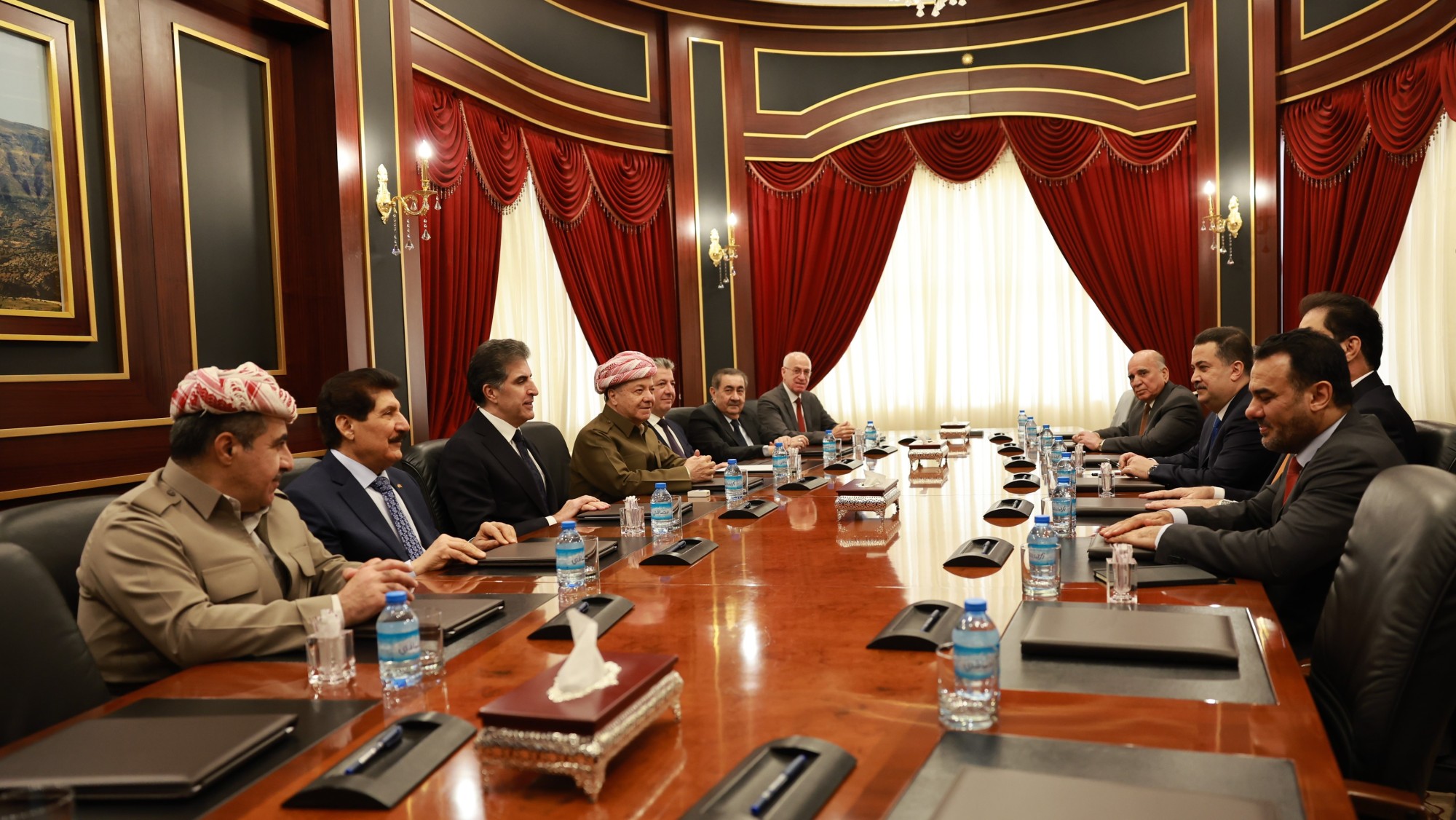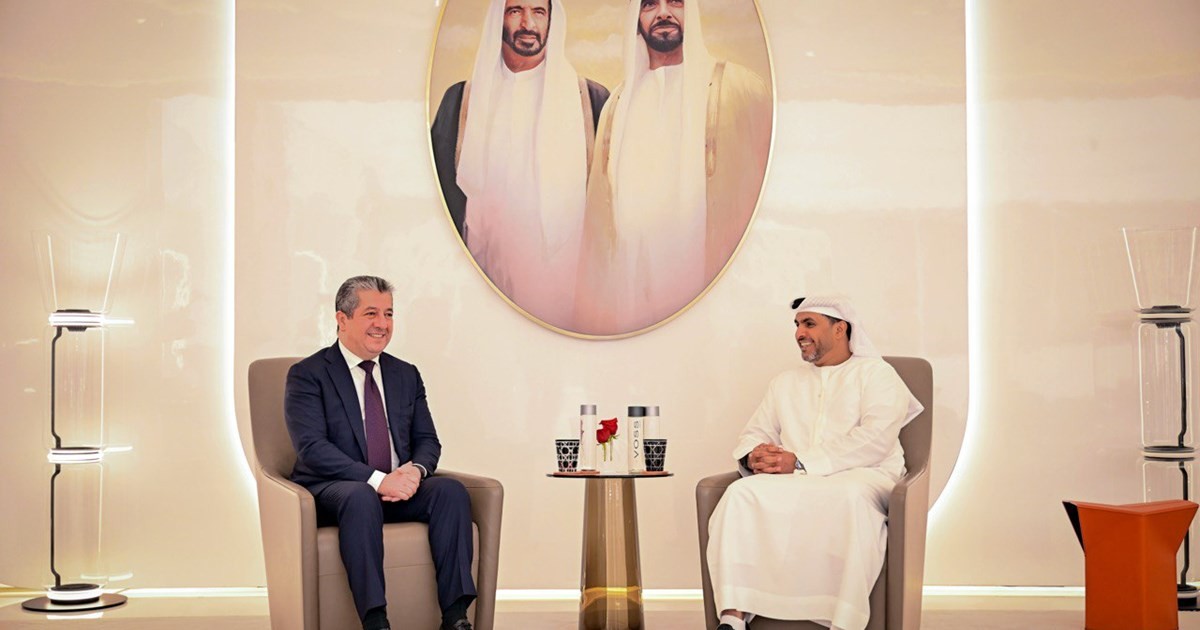During the sixth Middle East Peace and Security Forum (MEPS 2025) in Duhok on Tuesday, several Kurdish leaders warned of the continued threat of ISIS and the need for support amid plans to reduce the U.S.-led coalition mission against ISIS in Iraq.
In September 2024, Baghdad and the Biden administration agreed to reduce U.S. forces, withdraw from a number of bases in Iraq, and move to a bilateral relationship. Meanwhile, U.S. forces would remain in the Kurdistan Region until September 2026 to continue to support anti-ISIS operations in Syria.
The Iraqi government has argued that it does not need any more international support to fight ISIS.
However, in October, Iraqi Prime Minister Mohammed Shia’ al-Sudani changed his position and stated that a small number of advisors would stay in the Ain al-Assad base, which previously had been planned for evacuation.
Also, on November 6, senior Iraqi and U.S. officials held technical consultations to discuss the future bilateral relationship.
President Masoud Barzani warned that ISIS is one of the greatest threats that Iraq and the entire region are currently facing.
“The biggest threat so far is terrorism, which has not yet been eliminated, and the phenomenon of ISIS remains a terrifying reality that must never be forgotten. Whenever they find an opportunity, it doesn’t take long before ISIS reorganizes and re-emerges. Therefore, full coordination is needed internally – among all political forces with the government and with the Kurdistan Regional Government (KRG),” he said.
“We also still need the help and support of our friends abroad. In what form and how this should be provided is up to the state to arrange with those countries, but we must say clearly: we still need this support, and ISIS has not disappeared. I believe we are deceiving ourselves if we close our eyes to the truth. ISIS remains, and we still need the cooperation of our friends abroad.”
KRG Department of Foreign Relations Head Safeen Dizayee also cited the U.S. withdrawal in 2011 as a historical example, noting that it contributed to the rise of ISIS in 2014.
“They seized the best modern American weapons from the Iraqi army, and the best Soviet weapons in Syria. In Kurdistan, we had great difficulty stopping them in the first phase. The coalition helped, and even retired Peshmerga from the 1970s came back to fight. Many were killed in action,” he said at MEPS.
“In Kurdistan, we see the coalition presence as a security guarantee – not just for Kurdistan, but for all of Iraq. The continuation of this presence, as President Masoud Barzani has said, can be in a different, more bilateral format, including with the EU and NATO, until the Iraqi army becomes an independent, sovereign force capable of confronting such threats.”
So far, it is not clear what this new bilateral framework between members of the Coalition countries and Baghdad will look like after September 2026. For countries like Germany, such a bilateral partnership is not possible, since German military forces can only operate in international missions abroad, although it also plays a leading mission in NATO in Iraq.
Former Iraqi Foreign Minister Hoshyar Zebari said that “that our region and Iraq need clarity regarding the presence of U.S. forces and the multinational coalition. Yes, there is debate and division within Iraq about the presence and legality of these forces on our territory.
"But as a foreign minister and an international diplomat, I have dealt with this issue in many countries that host foreign troops. They are sovereign, independent states, and those troops are present with their consent — as is the case here. I can give you dozens of examples. There is no shame in acknowledging that or in expressing friendship,” he concluded.
“Iraq, without the presence of coalition and U.S. forces, would be facing greater difficulty in dealing with ISIS. Also, the regional shifts over the last couple of years could expose Iraq to renewed regional challenges,” Mohammed A. Salih, a Non-Resident Senior Fellow in the National Security Program at the Philadelphia-based Foreign Policy Research Institute, told Kurdistan Chronicle.
“And as Iran-backed Shi’a groups now firmly dominate Baghdad, a coalition and U.S. withdrawal would mean Iraq further drifting under Iranian influence, an outcome neither Kurds, Sunni Arabs, nor many civil minded Shi’as would want.”
A seasoned reporter and analyst who specializes in Kurdish affairs.

